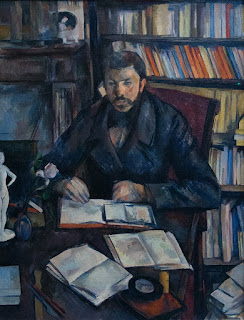The reality (however relative) and nature of time appear inexorable and inescapable. One way to cope with this fact is to tell others and share with them our thoughts, feelings and stories – a bit like unity in the face of a common enemy. “ F or whom am I writing this?” wonders eighty-two year old Iris Chase Griffen in Margaret Atwood’s The Blind Assassin . “For myself? I think not. I have no picture of myself reading it over at a later time, later time having become problematical. For some stranger, in the future, after I’m dead? I have no such ambition, no such hope.” [i] Many of us are afflicted by this bug for writing – writing in some form or the other, dashing off letters, composing something creative and, if nothing else, at least keeping diaries and journals. George Orwell thought that there were four great motives for writing and they are to be found to different degrees in every writer. We were firstly driven to write by “sheer egoism”, a “desire to seem clever, to be ...




